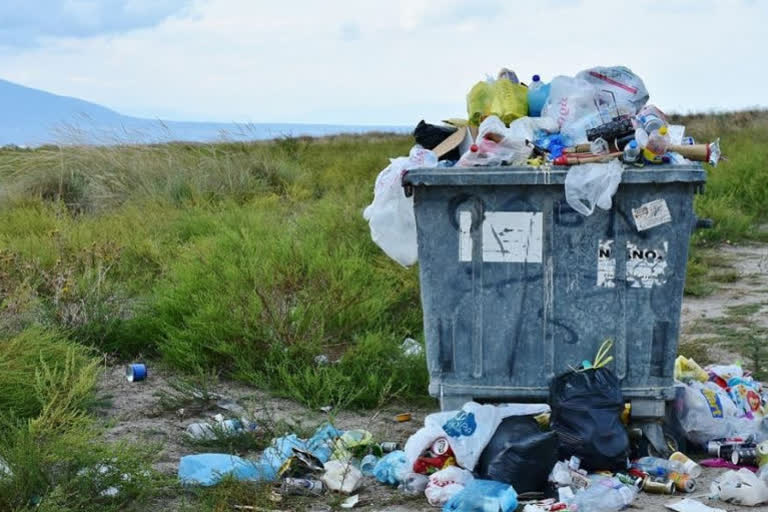Hyderabad: Ineffective waste management almost always results in environmental disasters. Dumping hazardous waste into the ground and improper incineration poses a serious risk to public health. So, what is the right way to dispose garbage? Hyderabad has the answer!
The city-based Jawaharnagar dump yard is designed to generate power from solid waste, making Hyderabad the first in South India to achieve this feat. Though the officials plan to generate 17.40 crore units of power from this plant; similar projects across the city are underway.
According to the agreement, the government has to pay Rs 7.84 per unit of electricity generated through solid waste incineration. Though this seems an expensive affair at the moment, the arrangement can become cost effective over a period of time.
The Timarpur (Delhi) project was initiated in 1987 with the aim of generating power from 300 tons of solid waste on a daily basis. But the project could not be executed.
Over the next few decades, at least 180 biogas and bio-CNG projects were launched in various states. Tamil Nadu, Maharashtra and Andhra Pradesh are at the forefront of biogas projects.
However, Hyderabad stands apart by utilising flammable wastes towards producing energy and fertilizers. The governments must actively shoulder the responsibility of encouraging rest of the major cities to adopt this approach of cheap energy generation.
Read: India processed 53 per cent of solid waste generated: RTI
India’s waste management strategy was confined to collecting garbage from households and streets and disposing it in landfills. Jabalpur (Madhya Pradesh) and Guwahati (Assam) were one of the first cities to have utilized landfills for generating electricity. The country’s largest solid waste power plant is located in Delhi. The Delhi government is planning to expand its power generation from the current 24 MW per day from 2,000 metric tons of solid waste.
Despite Prime Minister Modi’s call to set up solid waste treatment plants across 4,000 towns and cities in the country, state governments did nothing concrete. Spain focused on waste-to-energy as early as 1940s. Germany is doing a great job in recycling municipal solid waste. Austria, South Korea and Switzerland are also processing wastes into a fuel source.
It is estimated that India would accumulate 16.50 crore tonnes of solid waste by 2030. We need tougher strategies to tackle the impending challenge. The World Health Organization revealed that Indians are particularly vulnerable to cancer, asthma and 22 other types of chronic ailments, thanks to our poor waste management. The sooner a robust mechanism for waste collection and disposal is established, the better our chances at overcoming the garbage hazard.
Read: ICMR completes second serosurvey, analysis underway in final stage



